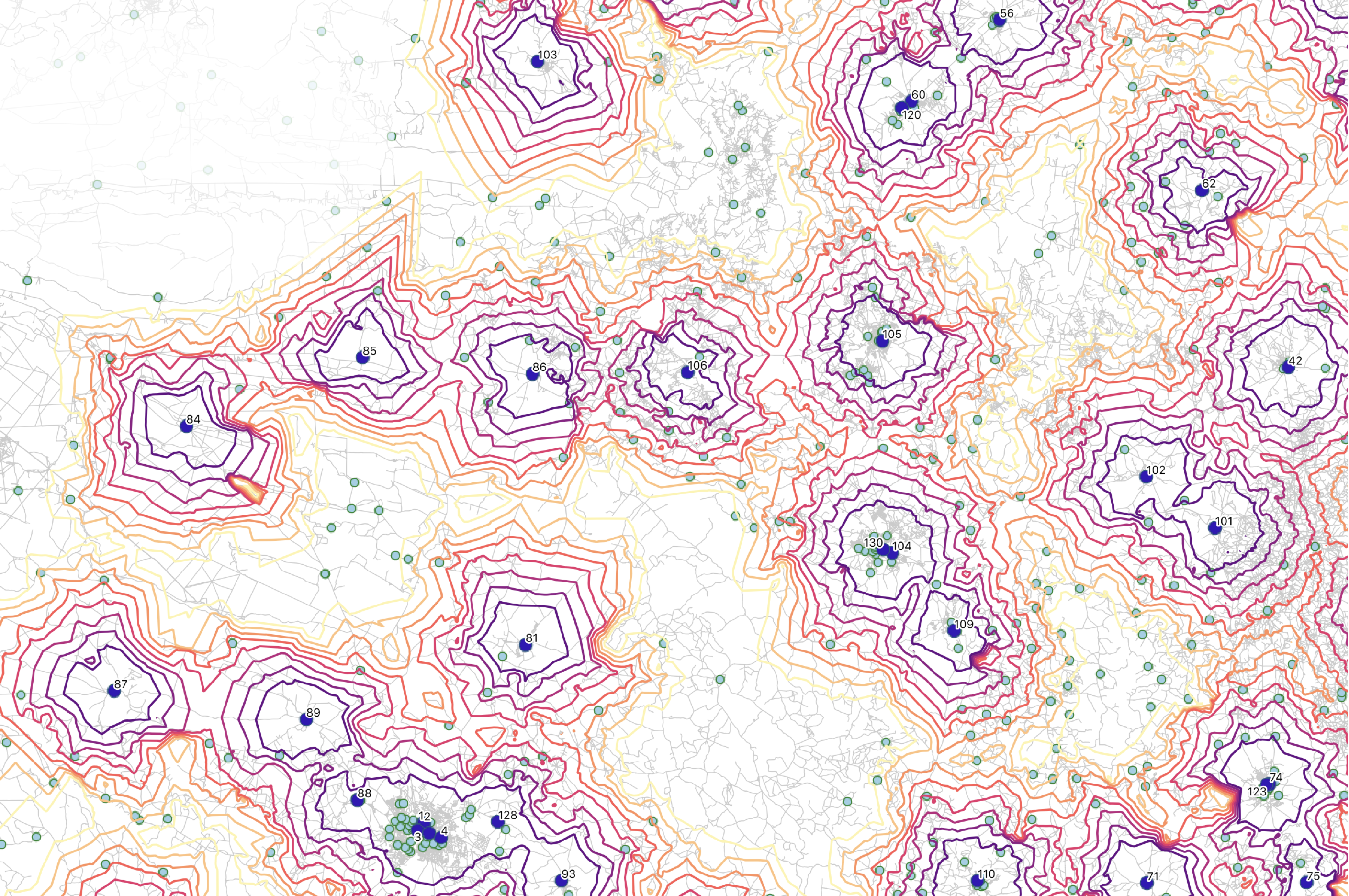GIS-based Diagnostic Network Analysis & Design
> Guide: Forecasting diagnostic testing demand for geospatial analysis. (2023/2024) Authored a guide that teaches methodologies for forecasting diagnostic testing demand for TB, HIV and HPV. This resource is tailored to facilitate geospatial diagnostic network analysis and optimization. (The Foundation for Innovative New Diagnostics – FIND) (Download)
Analyzing Health Care needs & Access
> Baseline population health assessment, Lahe Township, Myanmar. (2017). This project aimed at conducting a baseline needs assessment to inform project design in Lahe Township. Developed the study protocol for a household survey to determine mortality, morbidity, health seeking behavior, nutrition status & vaccination coverage. Conducted the spatial mapping of township using satellite imagery and mobile data collection. Médecins Sans Frontières.
> Prevalence of non-communicable diseases and access to care among non-camp Syrian refugees in northern Jordan. (2015 – 2017). Principal investigator of a household survey that determined prevalence of NCDs and access to general- & specialized health services. The result about informed future project interventions. Developed the study protocol, led implementation, analysis & publication. Médecins Sans Frontières. Rehr M. et al. Conflict & Health 2018. (Download).
Health policy Analysis
Assessments & Evaluations
> The Cepheid Xpert MTB/RIF Buy-Down Agreement: Evaluation & Implications for the Future. (2019). USAID.

